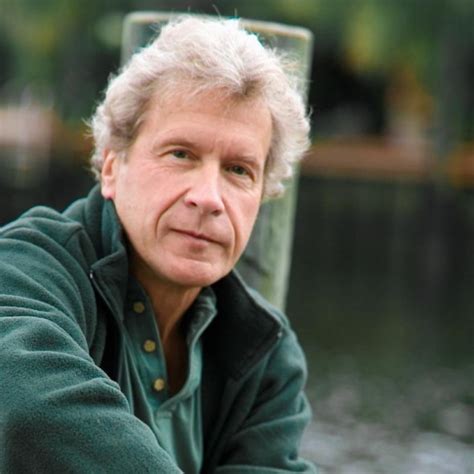A Quote by Michael Hastings
Gore Vidal, Glenn Greenwald, Noam Chomsky, talk about how the U.S. became a national security state after World War II. Essentially there's this bipartisan foreign policy elite who've been calling the shots for the last few decades and they're clearly still in control regardless of how clownish or absurd they demonstrate themselves to be. There's no shaking their orthodoxy. To me it was the most depressing thing, these full-scale military interventions firsthand for a number of years, seeing how quickly we can get involved in another war with very little debate.
Quote Topics
About
Absurd
After
Another
Became
Been
Bipartisan
Calling
Calling The Shots
Clearly
Control
Debate
Decades
Demonstrate
Depressing
Elite
Essentially
Few
Firsthand
Foreign
Foreign Policy
Full
Get
Get Involved
Gore
How
Involved
Last
Little
Me
Military
Military Intervention
Most
Most Depressing
National
National Security
Number
Orthodoxy
Policy
Quickly
Regardless
Scale
Security
Seeing
Shaking
Shots
State
Still
Talk
Themselves
Thing
Very
War
World
World War
World War I
World War II
Years
Related Quotes
Gore Vidal, Glenn Greenwald, Noam Chomsky, all these guys talk about how the United States became a national security state after World War II. I agree with that thesis. Essentially there's this bipartisan foreign policy elite who've been calling the shots for the last few decades and they're clearly still in control regardless of how clownish or absurd or stupid they demonstrate themselves to be. There's no shaking their orthodoxy.
World War II made war reputable because it was a just war. I wouldn't have missed it for anything. You know how many other just wars there have been? Not many. And the guys I served with became my brothers. If it weren't for World War II, I'd now be the garden editor of The Indianapolis Star. I wouldn't have moved away.
I don't feel I was 'born American,' but my homeland was denied to me after the end of World War II, and I craved something I could identify with. When I became a student at Harvard in the 1950s, America very quickly filled the vacuum. I felt I was American, but I think it's more revealing of America how quickly others here accepted me.
The thing that should most concern us is a shift in American foreign policy. We have had a bipartisan belief in American foreign policy based on the post-World War II institutions that believed in democratic global world, which Russia and the Soviet Union was often seen as hostile to. And most Republicans and Democrats have always basically believed in this world order. Donald Trump and Vladimir Putin and maybe Marine Le Pen do not agree with this basic structure of the world.
If you look at the Gulf War or new military technologies, they are moving towards cyberwars. Most video-technologies and technologies of simulation have been used for war. For example, video was created after the Second World War in order to radio-control planes and aircraft carriers. Thus video came with the war. It took twenty years before it became a means of expression for artists.
It's very important to understand that World War II is at the base of this new policy. From the 1890s on, the U.S. was always imperialistic. We went after the Philippines, and we did the same in Cuba, in Hawaii. We controlled South America. Woodrow Wilson was not what he was supposed to be. He was very much a white man first. "The world must be made safe for democracy." It really accelerates after World War II.
In every major war we have fought in the 19th and 20th centuries. Americans have been asked to pay higher taxes - and nonessential programs have been cut - to support the military effort. Yet during this Iraq war, taxes have been lowered and domestic spending has climbed. In contrast to World War I, World War II, the Korean War and Vietnam, for most Americans this conflict has entailed no economic sacrifice. The only people really sacrificing for this war are the troops and their families.
The great error of nearly all studies of war, an error into which all socialists have fallen, has been to consider war as an episode in foreign politics when it is especially an act of internal politics and the most atrocious act of all . . . Since the directing apparatus has no other way of fighting the enemy than by sending its own soldiers, under compulsion, to their death-the war of one state against another state resolves itself into a war of the state and the military apparatus against its own people.
I'm not an expert on the Middle East or terrorism or the use of military force or politics. It's all I can do to know a little bit about how to help people raise their kids and what to do when they get sick. When a war happens, I just hope it gets over with quickly so that how we take care of children becomes more important again.
I think in many ways, the Spanish Civil War was the first battle of World War II. After all, where else in the world at this point did you have Americans in uniform who were being bombed by Nazi planes four years before the U.S. entered World War II? Hitler and Mussolini jumped in on the side of Francisco Franco and his Spanish nationalists, sent them vast amounts of military aid, airplanes, tanks - and Mussolini sent 80,000 ground troops as well - because they wanted a sympathetic ally in power. So I think it really was the opening act of World War II.































